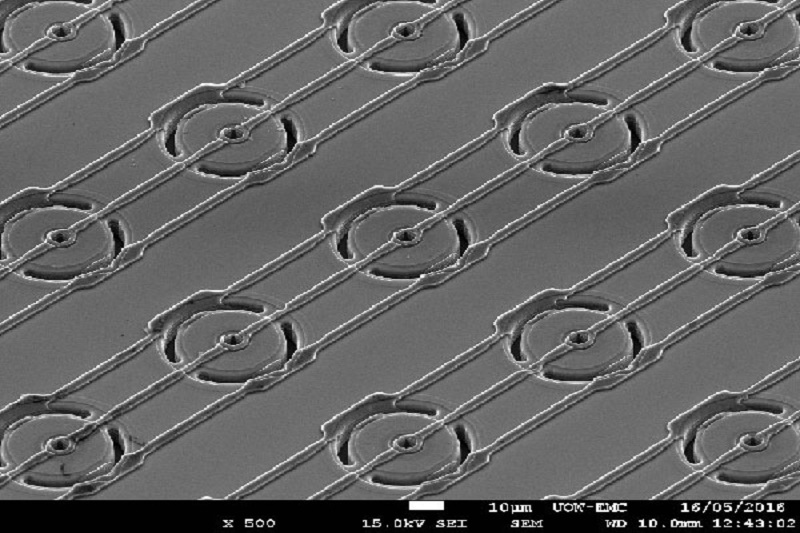
Funding has been awarded to the researchers at the University of Wollongong Australia for the further development of a unique microdosimeter.
The microdosimeter measures the amount of radiation that astronauts and electronic instruments are exposed to in space.
According to a recent report, the A$ 480,000 (€300,000) in funding from the European Space Agency will be used to design and fabricate a prototype of the radiation detector that can be used on space missions.
The University’s Centre for Medical Radiation Physics (CMRP) will work together with its partner, a Norwegian microelectronics foundry on the project.
The Centre is internationally recognised as a leader in the field of radiation sensors for use in space exploration, medicine, aviation and homeland security.
The patented silicon-based microdosimeter was invented by the Centre’s Director, Distinguished Professor Anatoly Rozenfeld.
The European Space Agency (ESA) is interested in the microdosimeter as a means of improving the safety of humans and electronics during space missions.
The microdosimeter can act as a personal dosimeter for astronauts, which will predict biologically relevant levels of hazardous space radiation.
Moreover, it can also act as an optimum radiation detector for predicting radiation damage in space microelectronics.
One of the main health hazards associated with space travel and exploration is cosmic radiation.
Overexposure to radiation can cause cancer to humans. It can also cause damage to the foetuses of pregnant women as well as genetic defects that can be passed onto future generations.
Furthermore, cosmic radiation can also cause damage to microelectronics during long-term space missions and high altitude flights.
The space radiation environment is very complicated, according to Professor Rozenfeld. It consists of mixed radiation fields of low and highly energetic ions, electrons, gamma photons and neurons.
Because of this, it is difficult to know how much radiation astronauts and equipment would be exposed to.
Add to that, how space weather is not always predictable. It can actually produce harmful effect in electronics and to humans as well.
On a spacecraft, for instance, a chance incident can happen where an ion strikes a sensitive node on a microchip.
This can lead to a Single Event Upset (SEU), which can totally destroy the functionality of the chip and leave the satellite without communication and navigation.
The radiation damage done by a single ion passing through a human cell, or even in close proximity to the cell, is comparable to SEU in microelectronics.
It, therefore, can damage or kill the cell, which can lead to the formation of cancer.
The microdosimeters contain an array of sensitive micron-sized cylindrical sensors, which mimic biological cells.
A Physicist at the Centre, who contributed to the design and technology of the sensors as well as lead the experimental studies of the technology, described the science of microdosimetry as continually advancing.
They are planning to further develop solid state microdosimetry and nanodosimetry for space application in order to better understand the biological effects of space radiation and its effects on semiconductor microelectronics.
The European Space Agency will be contributing to the project through these activities:
- Design a tissue-equivalent sensor, with high radiation tolerance capable of low-power, real-time measurement of the mixed radiation field at cellular scale, mimicking the interaction between radiation and human tissue materials.
- Develop the underlying technology for tissue equivalent sensors and sensor fabrication.
- Design and manufacture a prototype instrument based on the developed tissue equivalent sensors and off-the-shelf electronics.
















